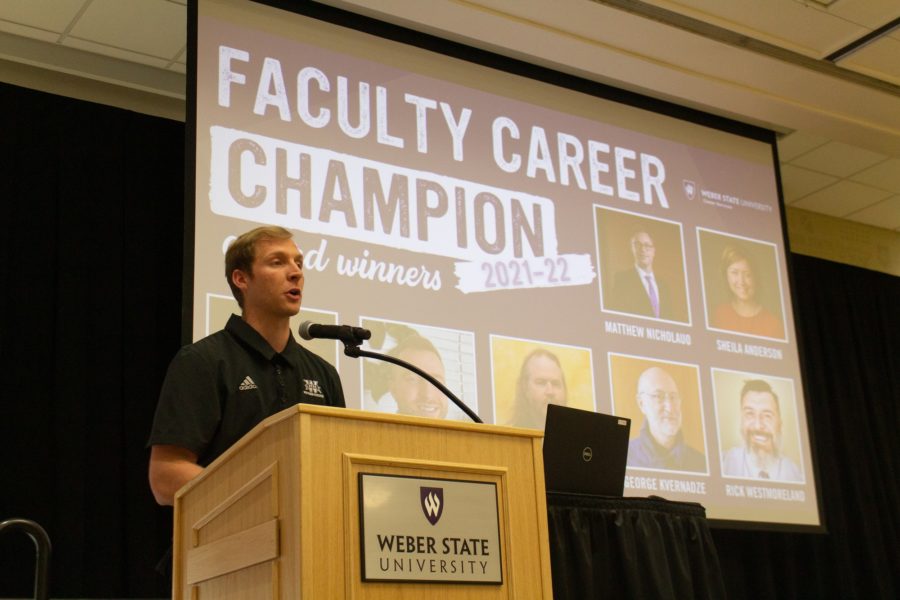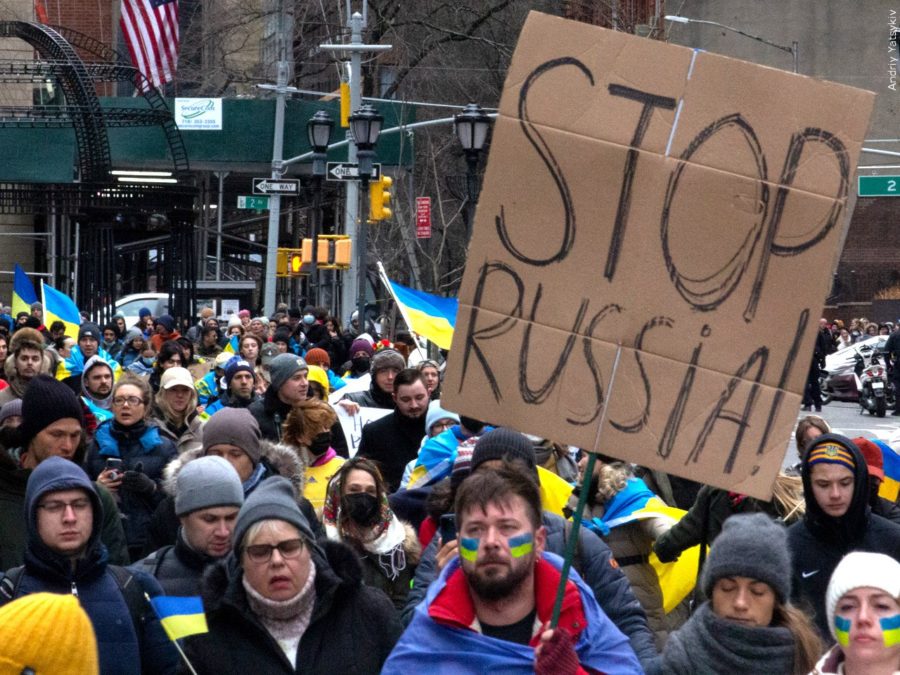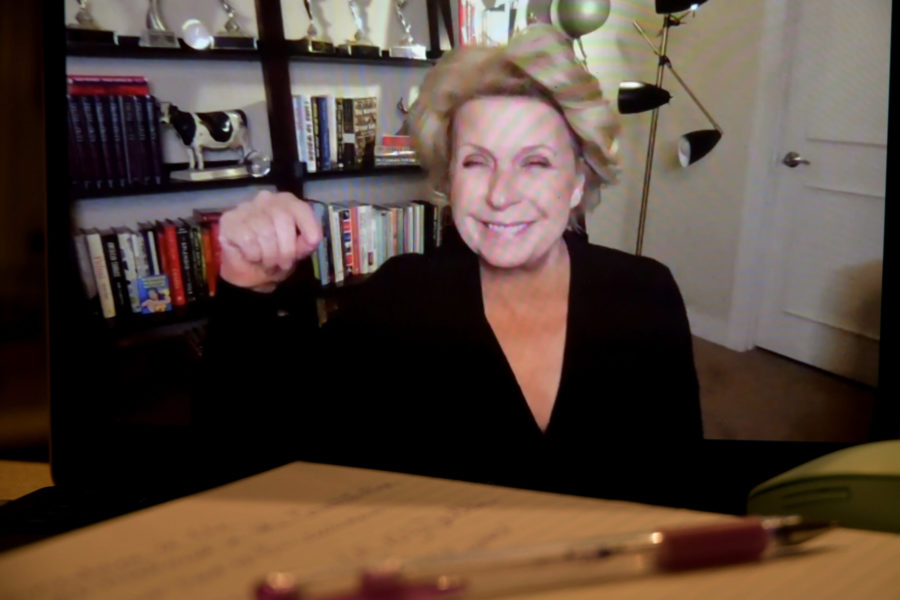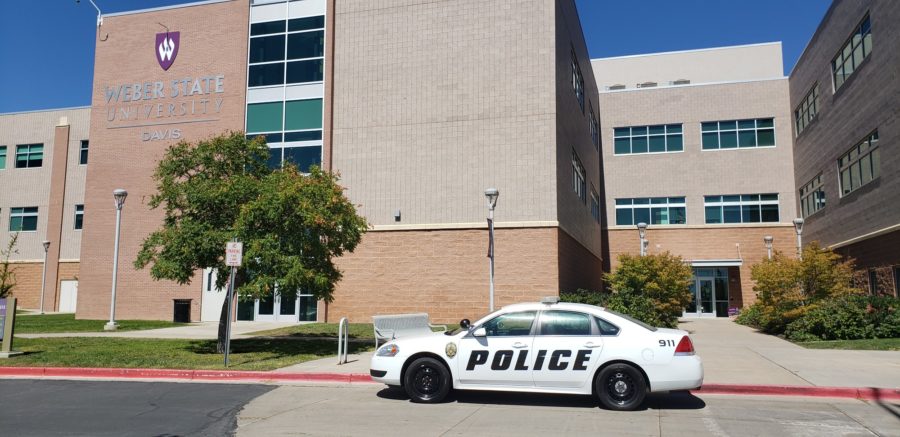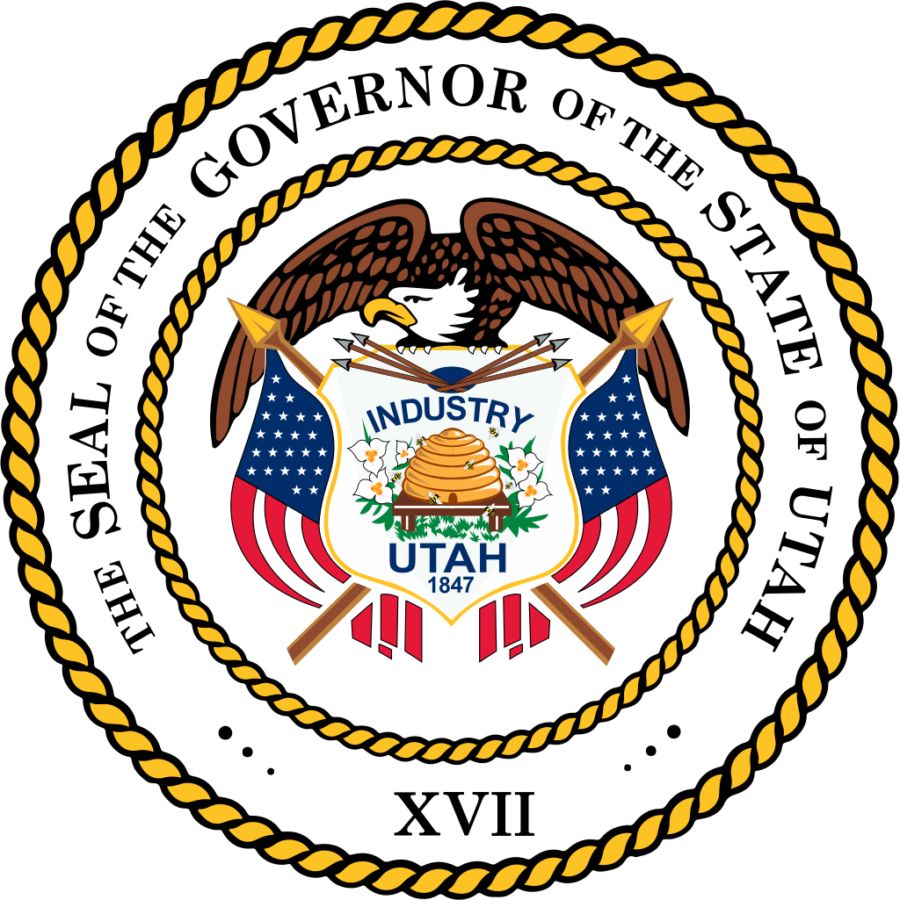Weber State University students, staff and faculty gathered in the Shepherd Union Building Wednesday to participate in Deliberative Democracy Day and discuss the topic “Legal Rights: Same-
 [/media-credit]
[/media-credit]
- Faculty discuss same-sex marriage and its possible effects on democracy during Weber State University’s Deliberative Democracy Day.
Sex Marriage?”
The student senate had considered this a potential topic for the three previous Deliberative Democracy Days and finally decided this was the year for it, according to Ashlee Cawley, who helped plan the event.
“It had been their No. 2 choice each year, but something else had beat it out. Now they didn’t want to wait any longer,” Cawley said.
Deliberative Democracy is part of the widespread American Democracy Project, which is sponsored by an organization called the American Association of State Colleges and Universities.
Participants took surveys about the rights of LGBT people, their opinions of same-sex couples, and whether those couples should be allowed to marry, either online before the event started or right outside Ballroom A on iPods, and were sorted into groups for discussion.
Group facilitators then led their groups to assigned rooms to begin discussions. The facilitators had a list of questions to prompt discussion, including: “Is marriage a constant or something that changes as society changes?” and “Are civil unions or domestic partnerships enough for same-sex relationships? Why do same-sex couples need to define their relationship as marriage?”
One student, who asked to remain anonymous, expressed his opinion that the legalities of marriage should be left up to the states to decide, not the federal government.
“States should be able to have their own societies, and people can move where they want,” he said. “. . . Some people want to live in a more conservative environment, so they can live places like Utah. If you are gay and your state doesn’t allow gay marriage, you have the right to move to a place that does.”
Genny Goulet and Sarah Lockyer, student facilitators, asked their group members if seeing LGBT people show public displays of affection made them uncomfortable. Some said that it did because they have a moral objection to homosexuality, but most agreed that despite their moral objection, the government shouldn’t dictate who can marry and who can’t.
One student, also wishing to remain anonymous, said displays of affection don’t bother her, and she feels particularly proud when she sees an LGBT couple holding hands or kissing goodbye.
“It takes balls to do that!” she said. “If you’re any kind of minority and stand up for what you believe in and demand to be treated like everybody else, good for you.”
After the group discussions ended, everyone met back in Ballroom A for an expert panel discussion.
Lead Murray, a WSU professor and the panel moderator, drew group numbers from a jar. Representatives from those groups took turns coming up to the microphones and asking the panelists questions.
One student asked what the reasons were for not allowing LGBT people to get married.
Barry Gomberg, director of Affirmative Action and Equal Opportunity at WSU, said he thinks many are just trying to be cautious because they are worried about the institution of marriage. However, there are enormous problems with the institution already.
“The irony in this debate, as I see it, is this culture of LGBT people in our country and globally has turned to this institution (of marriage) with a deeply felt respect,” Gomberg said. “This is not an attack on the institution. This is a respect to join it and support it and participate as full equal members and accept the responsibilities. I think it’s ironic that those who have deep concern for marriage and the family don’t welcome their gay peers for bring new vitality and support at a time when it’s gravely needed.”
Jane Marquardt, vice chair of Management and Training Corporation and a well-known LGBT rights activist, brought her wife to the event and responded to this question by essentially saying there shouldn’t be reasons LGBT marriage shouldn’t be allowed.
“For my wife and I, twenty years ago, it was a question of can we raise our children?” Marquardt said. “Now it’s a question of can we raise our grandchildren? Isn’t it better for our children if we are legally married? Society wants stability for the family. Those couples who are in a family for a long period of years provide a stabilizing force for others despite their orientation.”
William Duncan, director of the Marriage Law Foundation and the director of the Southerland Institute Center for Family and Society, said society created marriage as a social institution to organize families, and there is a moral responsibility to ensure children are raised by their mother and father.
Another student asked about the relationship of the separation of church and state and LGBT marriage.
“The real issue here is how do you grant the individual religious organizations the rights they have as an individual entity and respond to the ambitions, hopes and dreams of gays and lesbians?” said Marie Cornwall, who teaches in the sociology department at Brigham Young University.
Concerning the issue of religious groups that are against LGBT marriage having to perform those marriages if laws redefine marriages, the panelists agreed that LGBT people wouldn’t want to be married by a church that doesn’t recognize them.















